Are you looking to explore a new career in a new field? Trying to determine the education and experience needed for your dream career? Or simply looking to build your network and find a mentor who can guide you along your journey?

If you answered yes to any of these questions, you should explore scheduling an informational interview!
What is an informational interview?
Informational interviews, also called "coffee chats", are conversations to gather information about a person's experiences.
Informational interviews:
Focus on a specific career at a specific company, industry, or organization
Last 20-30 minutes
Provide valuable insights
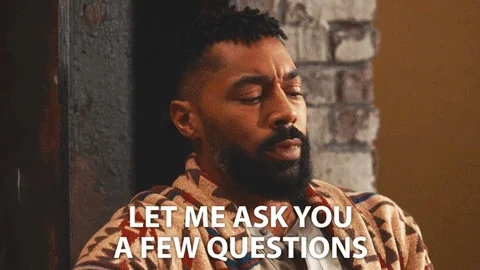
Who will you interview?
There are many ways to find the person you want to interview. Start with your "warm market", which consists of people you know, or people that your friends and family may know and can make an introduction.
Other methods to get introductions include your past professors, past employers, and alumni at any school, college, or university you have attended.
If you don't have anyone in your network who can make a connection, LinkedIn is a great resource to find professionals in your field of interest. On LinkedIn, if you’re connected to any direct connections with the person you want to contact, ask your close connection to connect you virtually.
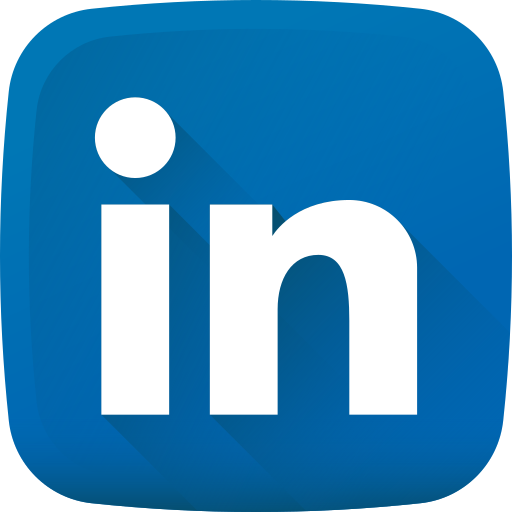
Approach your contact
Once you identify the person you want to interview, you will need to reach out to them to "make the ask". You should make contact via email or phone. When you reach out to your contact, respect their time - keep your communication brief and to the point.
The following are things you should include in your interaction:
Remind the person of who referred you.
Ask if they're available for a short 20-30 minute conversation so you can learn about their job title or industry.
Stress that you're looking for information, not a job.
Prepare for the interview before you make the ask, in the event you're offered the interview on the spot.
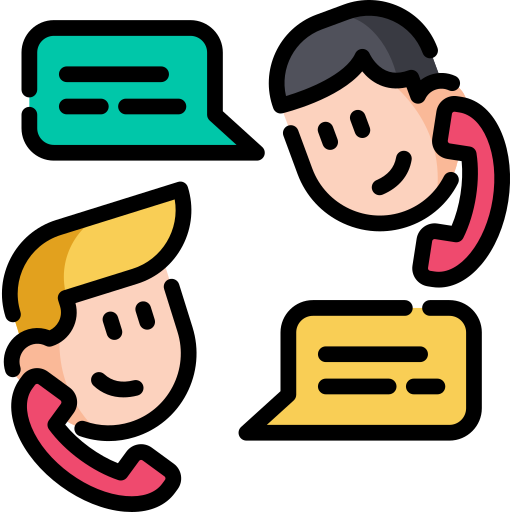
Quiz
You're working as an administrative associate and would like to get insight about becoming a project coordinator. Which person at your company might be good to approach first for an informational interview?
Scheduling the interview
Now that you've made contact with the person you want to interview, you need to schedule the interview.
When scheduling, take the following into consideration:
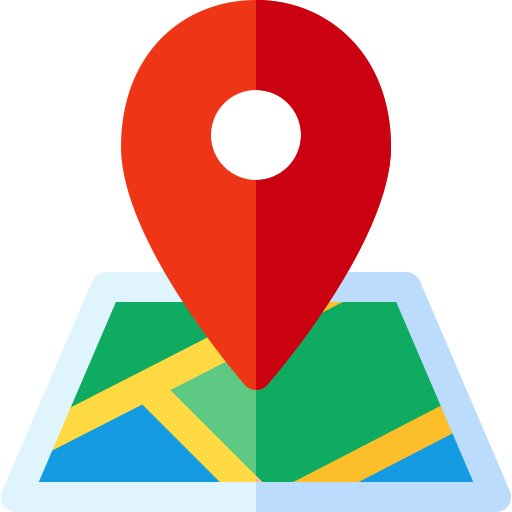
Location
You can schedule the interview in person or via a virtual platform (i.e. Zoom, Google Meet, Microsoft Teams, etc.). Discuss this with the interviewee to see what works best for them. If you'll meet in-person, find a location that is convenient to the interviewee, especially if you're meeting during the workday.
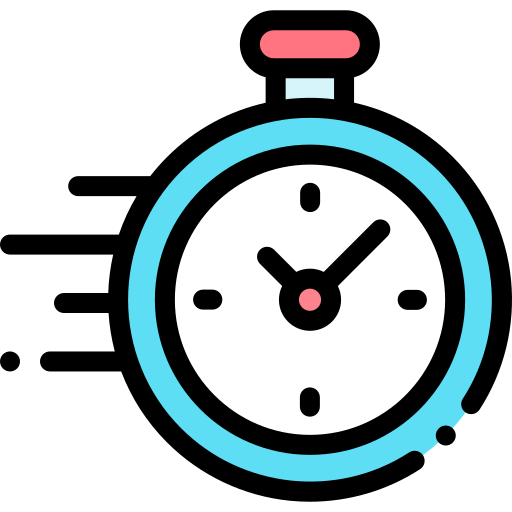
Time
Be sure to respect your interviewees's time. Find a meeting time that is suitable for the interviewee's and your schedule. The interview should be between 20-30 minutes. Add a little padding of time beyond the scheduled time in the event the interview is extended.
Subscribe for more quick bites of learning delivered to your inbox.
Unsubscribe anytime. No spam. 🙂
To ask or not to ask? Questions for the interviewee
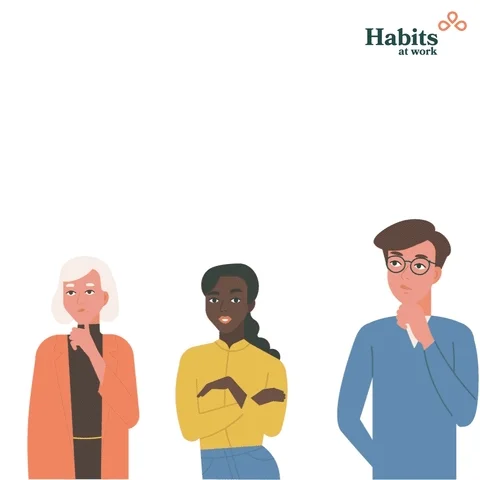
Keep in mind: the purpose of the informational interview is to gather information. You should have a genuine interest in the company, person, and position you're discussing. This is not the time to push your resume and ask for a job!
Make sure you've prepared thoughtful questions for your interview. Prepare a list of open-ended questions to ask. Open-ended questions start with "Why", "How", and "What if", and they require a full response. They're not "yes" or "no" questions.
Sample open-ended questions to ask:
What steps would you recommend I take to prepare to enter this field? ✅
What kind of education, training, or background does your job require? ✅
What do you find most rewarding about your work? ✅
What is your least favorite aspect about your work? ✅
Can you describe your typical day at work? ✅
Can you suggest anyone else I could contact for additional information? ✅
Can you recommend resources, websites, or professional associations that might be helpful for my professional development? ✅
What advice would you give someone pursuing this role or career? ✅
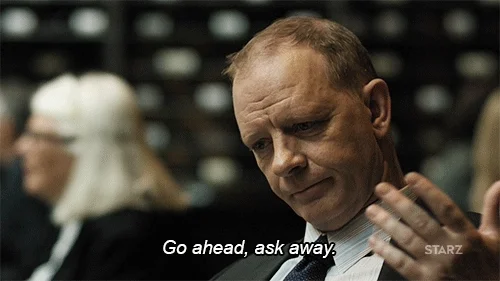
The following are questions you should NOT ask during your interview:
Can you hire me? 🚫
Are you hiring? 🚫
Would you like a copy of my resume? 🚫
Don't ask general questions about information that can easily be found with a little research. 🚫
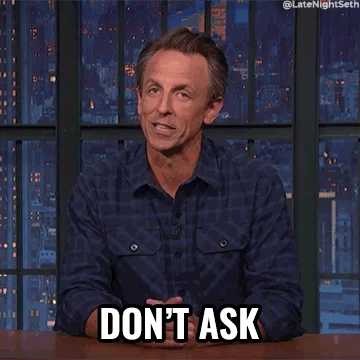
Quiz
You are interviewing Mr. Maxwell, who is a data analyst. During the conversation, he mentions how he studied mathematics in college and shifted his focus after tackling a particularly challenging math course. What follow-up questions might you ask?
How will you prepare on the day of the interview?

As you pick up the phone, log into to the virtual meeting, or make your way to the location of your meeting, review the following tips and use them as a guideline for the beginning of your interview:
Start the interview by thanking your interviewee for agreeing to meet with you.
Give a short introduction about yourself your education, experiences, and work background.
Restate your plan for the interview is to gather information, not to ask for a job.
Conduct your interview by asking questions from your list, and any follow-up questions that come up during the interview.
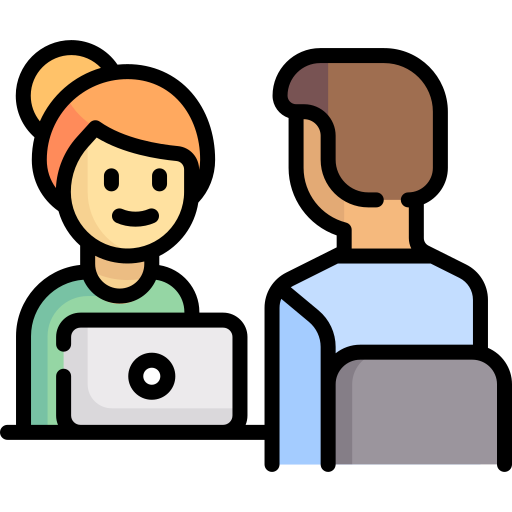
Did you know?
During the interview
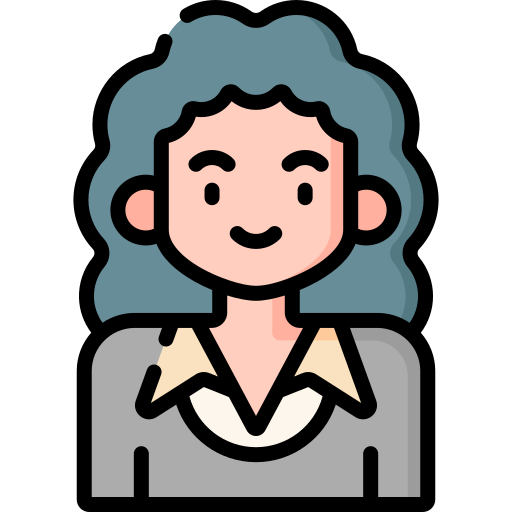
Be professional
Professionalism is an important quality that should persist throughout the process. You should be professional with your interactions via phone, email and in-person. You should also dress professionally, whether you're meeting your interviewee virtually or in-person.
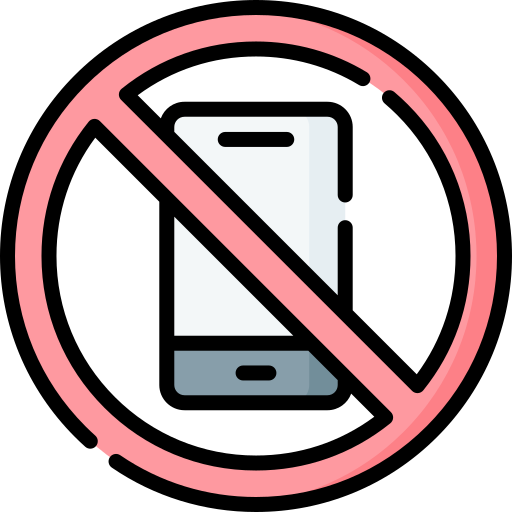
Silence your phone
During your meeting put your phone on silent to minimize distractions.
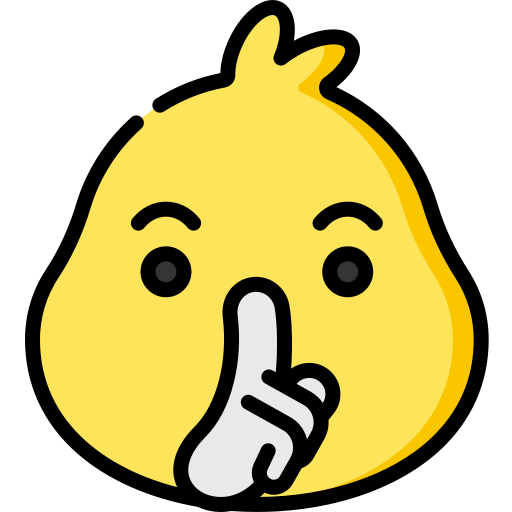
Go to a quiet space
If you're not meeting in person, minimize background noise. Turn down the TV or radio, give your pet a treat, and go to a quiet room.
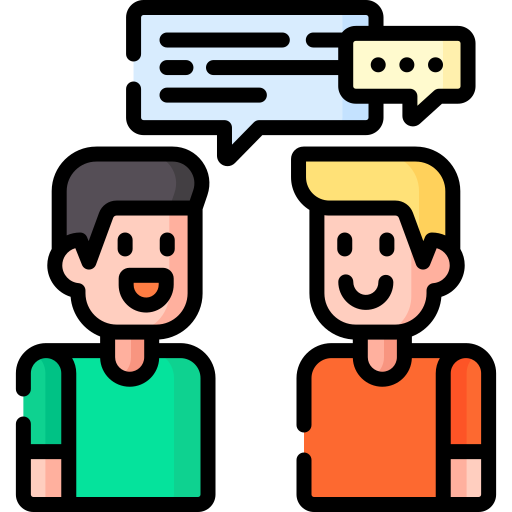
Listen actively
If you're meeting in person, or virtually via video conferencing, make good eye contact and listen actively. Nodding when you agree and responding with the proper emotions are additional examples of active listening.
If you are meeting on the phone, don't pause too long during the conversation. You can listen actively by responding to the ends of sentences or thoughts.
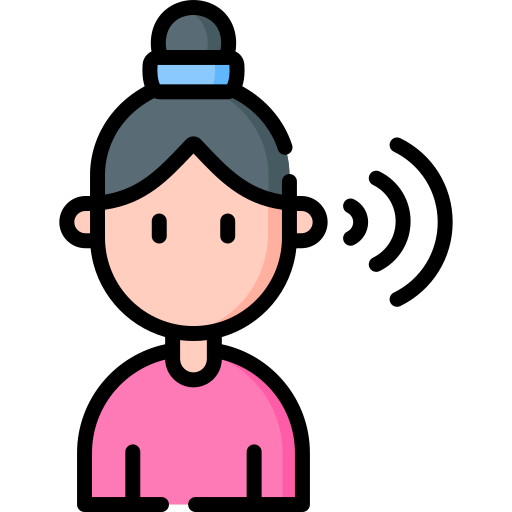
Don't interrupt
Wait until the interviewee finishes their thought or sentence before you respond. Don't interrupt what they're saying, as this may be perceived as rude, and it may cause them to lose their chain of thought, or what they're going to say next.
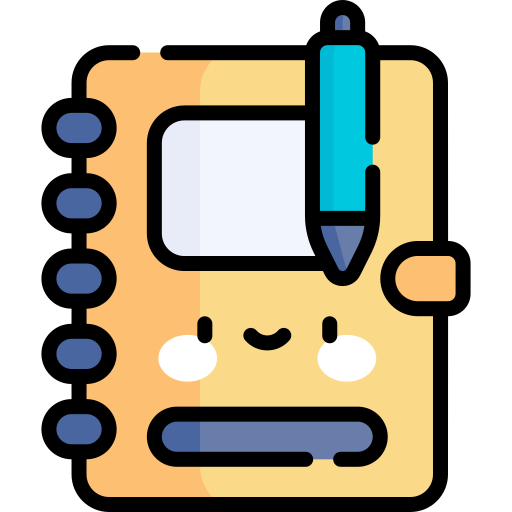
Take notes
Whether you are meeting in person or virtually, take notes of important information, tips or advice you want to revisit after the conversation.
Resist trying to take notes on your phone, as you want to give your attention to the person you're interviewing. Instead, jot down the notes in a notepad and add the notes to your phone after your meeting.
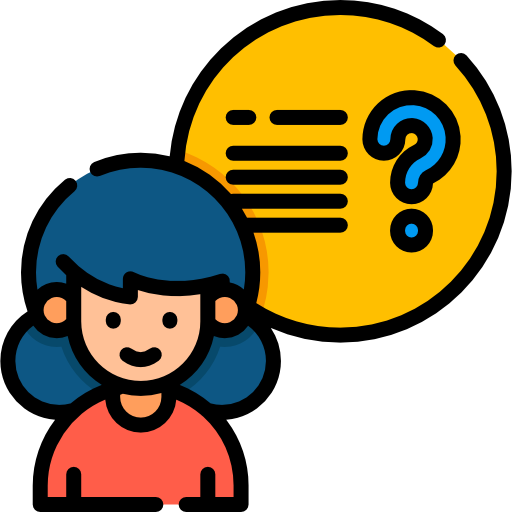
Ask follow-up questions
Although you'll have prepared questions for your interview, you may have additional questions that arise from your conversation. Add these to your list mentally during the interview.
Closing words: the end of the interview
Congratulations on a job well done! You have taken a huge step to get closer to your next possible career! But wait there's more!!
There are a few things you need to do before leaving the conversation.
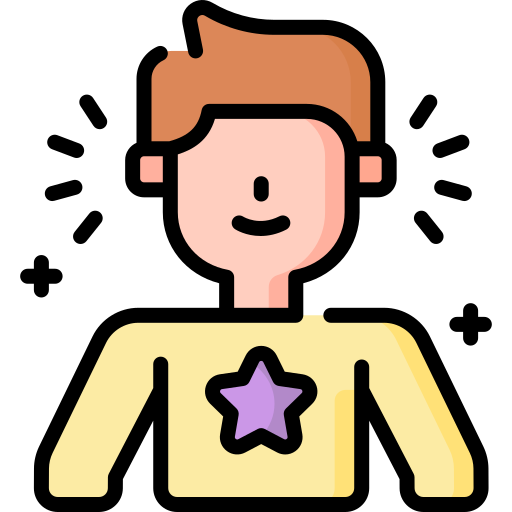
Show appreciation
Thank the interviewee for their time, their insight and willingness to be open about their life experiences.
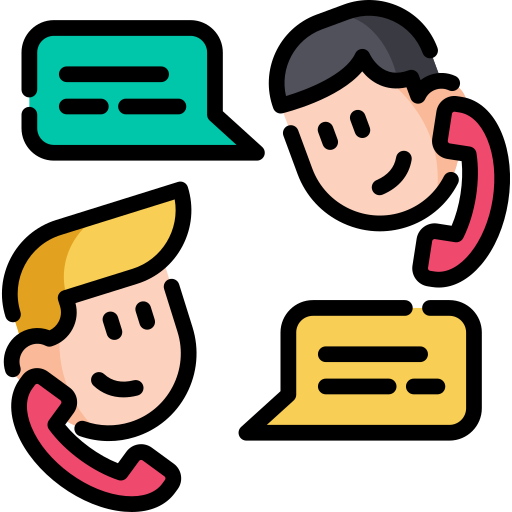
Ask if you can follow up again, later
If you feel inspired by the information they have given and feel this career, position, or company might be a match for you, ask if you can check in later and share your progress.
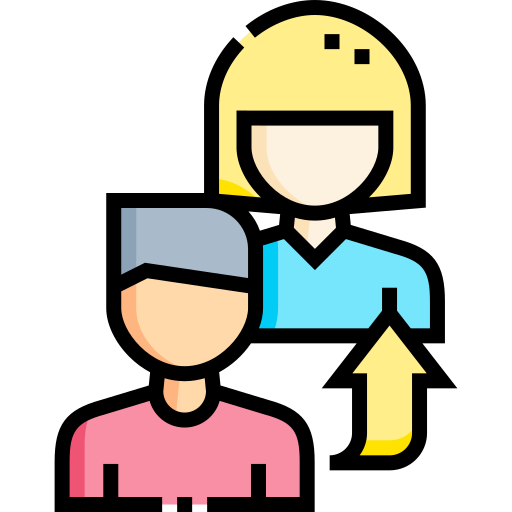
Ask for a referral
Ask if they know someone else who works in the same career or organization, or a different company that they think might be willing to give another informational interview. This is another way to expand your network and get another perspective.
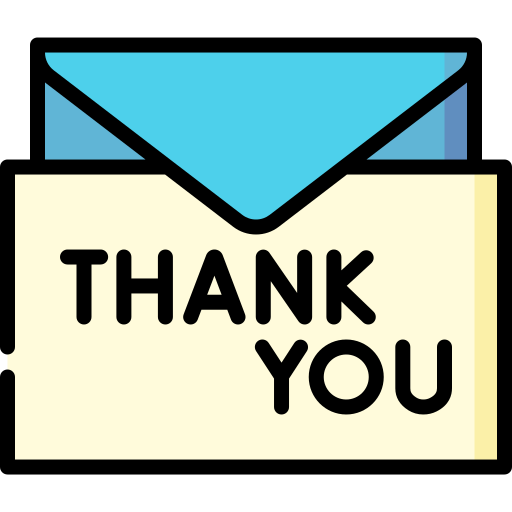
Send a thank you note
After your meeting send a thank you card or message thanking them for their insights and taking time out to speak with you. Also include one or two points that you found helpful from your conversation.
Take Action
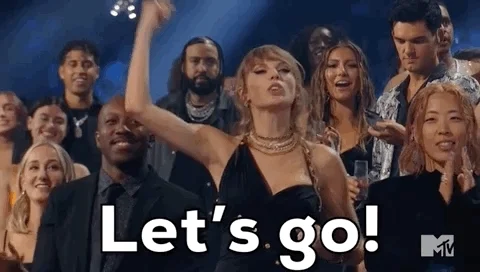
You've put in the work and know what it takes to prepare for an informational interview.
Best of luck as you gather information for your next role! Here's a recap of what you need to do to prepare for your meeting:
Your feedback matters to us.
This Byte helped me better understand the topic.
